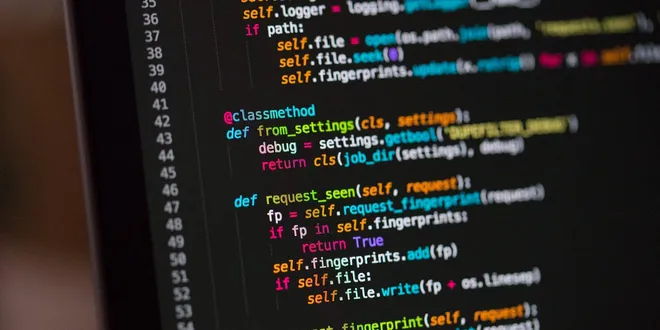PIP python

7 Pip Commands (Python) That Make Your Life Easier
Pip Installs Packages (PIP) is a Python package manager that allows us to install 3rd party libraries in Python. Continue reading on Python in Plain English
📚 Read more at Python in Plain English🔎 Find similar documents

Everything You Need to Know About pip in Python
pip is a package management system used to install and manage software packages written in Python. It stands for Preferred Installer Program or pip Installs Packages. pip for Python is a utility to…
📚 Read more at Python in Plain English🔎 Find similar documents

Mastering Python PIP: How to Install, Use, and Manage Python Packages
What is PIP in Python? PIP stands for “Pip Installs Packages.” It is the official package manager for Python, used to install and manage additional libraries and dependencies that are not part of the ...
📚 Read more at Python in Plain English🔎 Find similar documents

Getting Started with Pip and PyPI in Python
Python’s package manager is called pip, and it comes bundled with every recent version of Python. pip allows us to install packages that don’t come bundled with the Python standard library. By default...
📚 Read more at Real Python🔎 Find similar documents

Stop Coding Without This! The pip Secrets Every Python Developer Must Know
For every python developer pip is a best friend! Pip is a package manager that streamlines the management of packages, no matter if you are building web apps, machine learning projects, or data analys...
📚 Read more at The Pythoneers🔎 Find similar documents

Installing packages in python using PIP
PIP is a package management system used to install packages from repository. You can use pip to install various software packages available on http:/…
📚 Read more at ThePythonGuru🔎 Find similar documents

Installing packages in python using PIP
PIP is a package management system used to install packages from repository. You can use pip to install various software packages available on http:/…
📚 Read more at ThePythonGuru🔎 Find similar documents

What the pip!?
A deep-dive into better Python package management using requirements files, pinned and unpinned dependencies, automation with pip-tools and pip-compile-multi
📚 Read more at Towards Data Science🔎 Find similar documents

Pip: Python’s package-management system
When you install Python on your computer, it already comes with many modules and functions to use directly, or import them as needed. One of the great things about a programming language is the commun...
📚 Read more at Renan Moura – Software Engineering🔎 Find similar documents

Python 101: pip - a replacement for easy_install
Pip Installs Python or pip is a tool for installing and managing Python packages, many of which are on the Python Package Index (PyPI). It is a replacement of easy_install. In this article, we'll spen...
📚 Read more at Mouse Vs Python🔎 Find similar documents

Beyond Pip: PIP Alternatives to Boost Projects
PIP is default tool when it comes to managing python dependencies for most developers. But pip isn’t always the best or fastest option for each project. If you want to optimize your productivity and s...
📚 Read more at The Pythoneers🔎 Find similar documents

5 Powerful Pip Commands to Speed Up Your Development ⏰
When learning Python, you are quickly introduced to pip — Python’s Package Installer. This is the main tool for installing external packages to your Python ecosystem. One of the major selling points…
📚 Read more at Towards Data Science🔎 Find similar documents

